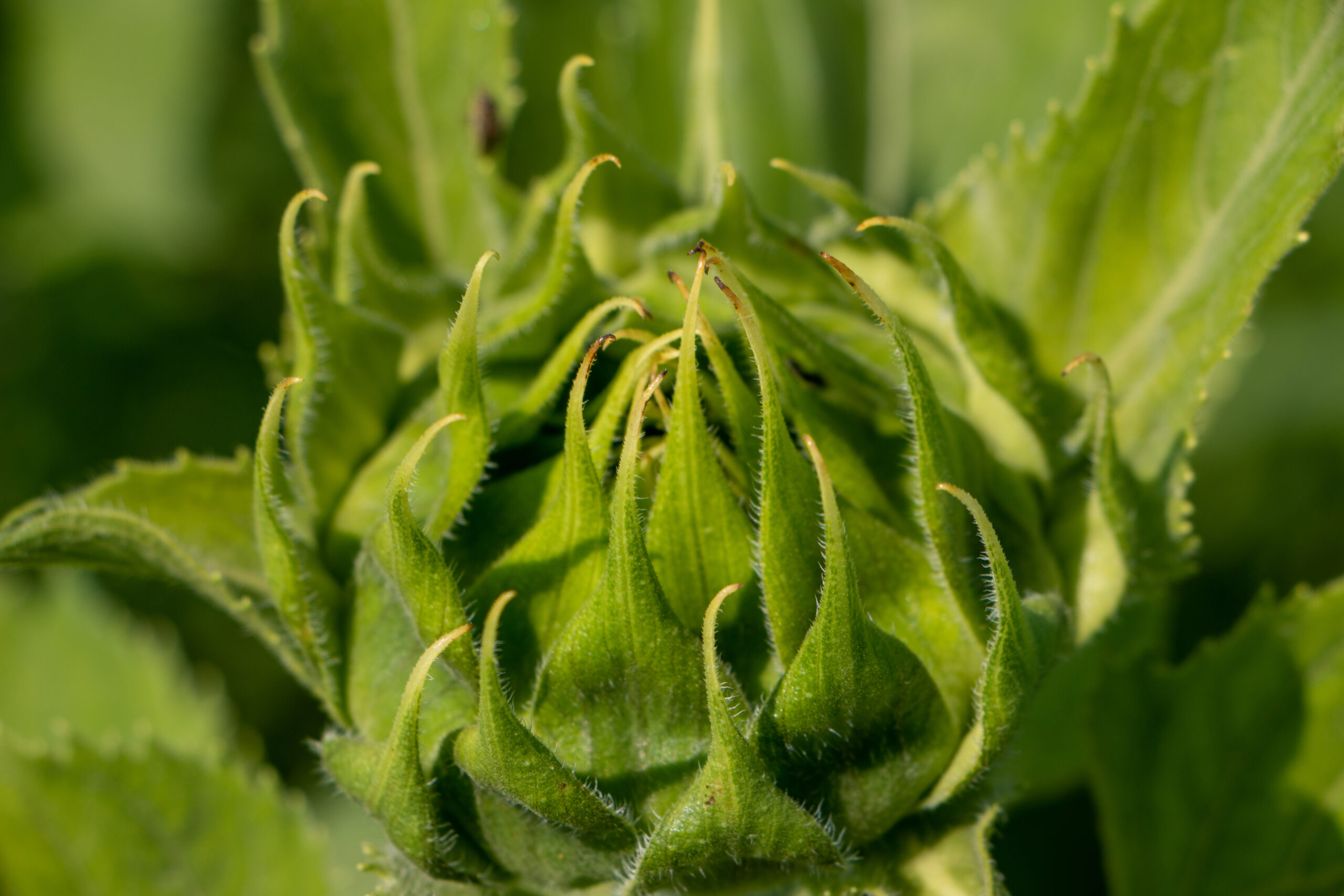Low Maintenance and Highly Nutritious: Swiss Chard
Swiss chard is a large, leafy green plant native to the Mediterranean and packed full of vitamins and minerals.1 Wild Swiss chard (Beta vulgaris L. var. cicla) is part of the Chenopodioideae family along with other nutrient-rich vegetables, like spinach and beets. Swiss chard is a hardy plant that can grow in many soil types and isn’t needy when it comes to water and light. Overall, it is low-maintenance and highly nutritious, making it an excellent choice to include in the diet on a regular basis.
Traditional Uses
Historically, Swiss chard has been traditionally used for kidney and liver diseases, stimulation of the immune system, and blood cell production, and it has even been included as part of a diet advised in the context of cancer.2,3 It contains many vitamins, minerals, and antioxidants which work to support the immune system, protect cells from damage, and resolve inflammation.
Nutrient Content
Swiss chard is a rich source of vitamins A, C, E, and K. It is also high in minerals such as calcium, copper, magnesium, manganese, iron, and potassium. Vitamins C and E provide antioxidant activity, as do phytonutrients such as polyphenols and flavonoids found in Swiss chard, in addition to quercetin, ruin, kaempferol, and vitexin. Kaempferol is associated with anti-inflammatory and anticancer activity, and vitexin helps to reduce blood pressure, inflammation, and inhibit blood clotting.3,4
Swiss chard also contains fiber, which benefits the digestive system and supports regular bowel movements. Fiber is a prebiotic for gut bacteria, helps maintain cholesterol levels, and stabilizes blood glucose levels.
Healthy fatty acids are also part of the Swiss chard nutrient profile. The fatty acids found in it include stearic acid, palmitic acid, linoleic acid, and linolenic acids. Fatty acids benefit the brain, heart, and overall health. Additional nutrients found in it include phospholipids, folic acid, pectins, betalains, and saponins.
Considering the diverse array of nutrients found in Swiss chard, this leafy green has been studied often for its beneficial health properties such as antioxidant, anti-diabetic, anti-inflammatory, liver-protective, mineralizing, and antiseptic activity.5-7 This big leaf reaps big benefits.
Nutrient Profile Systematic Review
In a systematic review of the nutritional and bioactive composition of Swiss chard, researchers identified 192 bioactive compounds categorized into 23 distinct groups, mostly in the leaves of the plant and mostly in the cicla variety. Of the components identified, researchers found:
- Betalains (20%)
- Fats (16%)
- Flavonoids (11%)
- Non-flavonoid phenolics (11%)
- Terpenes and derivatives (8%)
- Carbohydrates (7%)
- Minerals (6%)
At 20 percent of the reported data, betalains are water-soluble, nitrogen-containing, red and yellow pigments. The two main types of betalains are betacyanins (red/violet) and betaxanthins (yellow/orange). Betalains are also known as components of beetroot, prickly pears, and flowering plants. Research on the potential health-promoting properties of betalains have found evidence associating these phytonutrients with antioxidant activity as well as helpful in the context of resolving inflammation and dyslipidemia.8
Because of these beneficial bioactive compounds, Swiss chard still takes on its traditional uses today to help lower glucose levels, increase insulin sensitivity, provide a good source of fiber and antioxidants, and help those with diabetes, atherosclerosis, cancer, and benefit an overall healthy wellbeing.
- Romeiras, M. M., Vieira, A., Silva, D. N., Moura, M., Santos-Guerra, A., Batista, D., Duarte, M. C., & Paulo, O. S. (2016). Evolutionary and Biogeographic Insights on the Macaronesian Beta-Patellifolia Species (Amaranthaceae) from a Time-Scaled Molecular Phylogeny. PloS one, 11(3), e0152456. https://doi.org/10.1371/journal.pone.0152456
- J. Kanner, S. Harel, R. Granit. Betalains a new class of dietary cationized antioxidants. Journal of Agricultural and Food Chemistry, 49 (11) (2001), pp. 5178-5185
- Lee, J., & Kim, J. H. (2016). Kaempferol Inhibits Pancreatic Cancer Cell Growth and Migration through the Blockade of EGFR-Related Pathway In Vitro. PloS one, 11(5), e0155264. https://doi.org/10.1371/journal.pone.0155264
- Che, X., Wang, X., Zhang, J., Peng, C., Zhen, Y., Shao, X., Zhang, G., & Dong, L. (2016). Vitexin exerts cardioprotective effect on chronic myocardial ischemia/reperfusion injury in rats via inhibiting myocardial apoptosis and lipid peroxidation. American journal of translational research, 8(8), 3319–3328.
- S. Gezginci-Oktayoglu, O. Sacan, S. Bolkent, Y. Ipci, L. Kabasakal, G. Sener, R. Yanira. Chard (Beta vulgaris L. var. cicla) extract ameliorates hyperglycemia by increasing GLUT2 through Akt2 and antioxidant defense in the liver of rats. Acta Histochemica, 116 (1) (2014), pp. 32-39
- F. Oztay, O. Sacan, O. Kayalar, S. Bolkent, Y. Ipci, L. Kabasakal, R. Yanardag. Chard (Beta vulgaris var. cicla) extract improved hyperglycemia-induced oxidative stress and surfactant-associated protein alterations in rat lungs. Pharmaceutical Biology, 53 (11) (2015), pp. 1639-1646
- Mzoughi, Z, et al. (2019). Wild edible Swiss chard leaves (Beta vulgaris L. var. cicla): Nutritional, phytochemical composition and biological activities. Food Research International, 119: 612-621.
- Magda Gamba, Peter Francis Raguindin, Eralda Asllanaj, Francesco Merlo, Marija Glisic, Beatrice Minder, Weston Bussler, Brandon Metzger, Hua Kern & Taulant Muka (2020): Bioactive compounds and nutritional composition of Swiss chard (Beta vulgaris L. var. cicla and flavescens): a systematic review, Critical Reviews in Food Science and Nutrition, DOI:10.1080/10408398.2020.1799326
- Rahimi, P., Abedimanesh, S., Mesbah-Namin, S. A., & Ostadrahimi, A. (2019). Betalains, the nature-inspired pigments, in health and diseases. Critical reviews in food science and nutrition, 59(18), 2949–2978. https://doi.org/10.1080/10408398.2018.1479830







